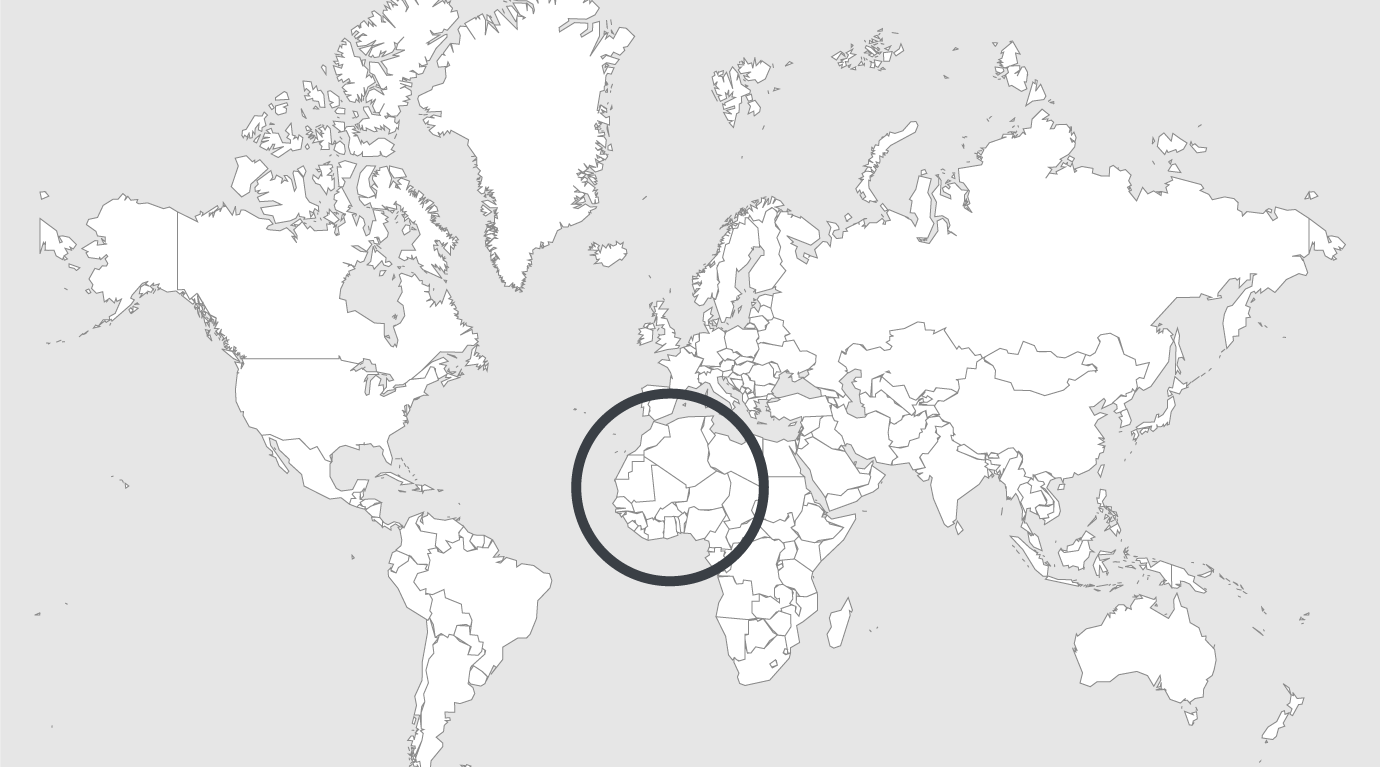
Explore
Nigeria: 70% of Nigerian prisoners held without trial
At least three-quarters of Nigeria’s total prison population are inmates serving time without being sentenced, the Nigerian Correctional Service said this on Thursday.
The head of the agency, Ja’afaru Ahmed, 51,983 inmates are awaiting trial out of the prison’s total population of 73, 726 inmates. That is about 70 per cent of the total.
Only 22, 773 inmates have been convicted, he said.
He gave the figures during the announcement of the 2020 Presidential Pardon and Clemency to inmates and ex-convicts.
The government has announced pardons aimed at decongesting correctional centres across the country amidst a coronavirus pandemic.
The latest statistics builds on previous ones that suggests that Nigerian prisons may hold more innocent people than criminals.
A report by Nigeria’s National Bureau of Statistics covering data from 2011 to 2015, said that 72.5% of Nigeria’s total prison population are inmates serving time without being sentenced, spotting flaws in Nigeria’s criminal justice system with proceedings often going on for years without conclusion.
While lengthy court proceedings are an obvious problem, the figures in the NBS report also highlighted a worrying culture of arbitrary arrests by Nigerian law enforcement agencies.
An investigation in 2019 revealed how many inmates detained for what should pass as petty crimes have been forgotten in prison.
Some inmates found themselves in prisons only due to the suspicion of having committed a crime, and not an actual conviction. Arrests over petty crime such as shoplifting and traffic offenses also often see people land in maximum security prisons without being charged.
The case of Abdullahi Mohammed, a 49-year-old man arrested in May 2013 “for stealing a handset”, stands out, according to the report published last June.
The offence is regarded as theft under Nigerian laws, and it attracts a prison term not exceeding five years, according to section 287 of the penal code.
Decongestion
Mr Ahmed alluded that the country’s prisons were overcrowded hence the need for decongestion especially to avert the spread of disease outbreaks such as COVID-19.
The decongestion process began shortly after President Muhammadu Buhari signed into law the Nigerian Correctional Service Bill last August.
It birthed the prisons reform programmes which includes speedy trial processes and pardons and amnesty to inmates.
In a slew of pardons and commutations, 70 inmates, including 39 federal offenders were freed from incarceration on Thursday as part of the Buhari administration’s plan to decongest the Correctional Centres.
The Minister of Interior Rauf Aregbesola who announced the pardon at a press conference in Abuja, explained that the president had also approved the release of 2,600 inmates across various custodial centres in the 36 states of the federation.
Only inmates that are 60 years old and above, those suffering from ill-health that are likely to terminate in death, convicts serving three years and above and have less than six months to serve, inmates with mental health issues, and inmates with options of fines not exceeding N50,000 and have no pending case are eligible for the pardon.
